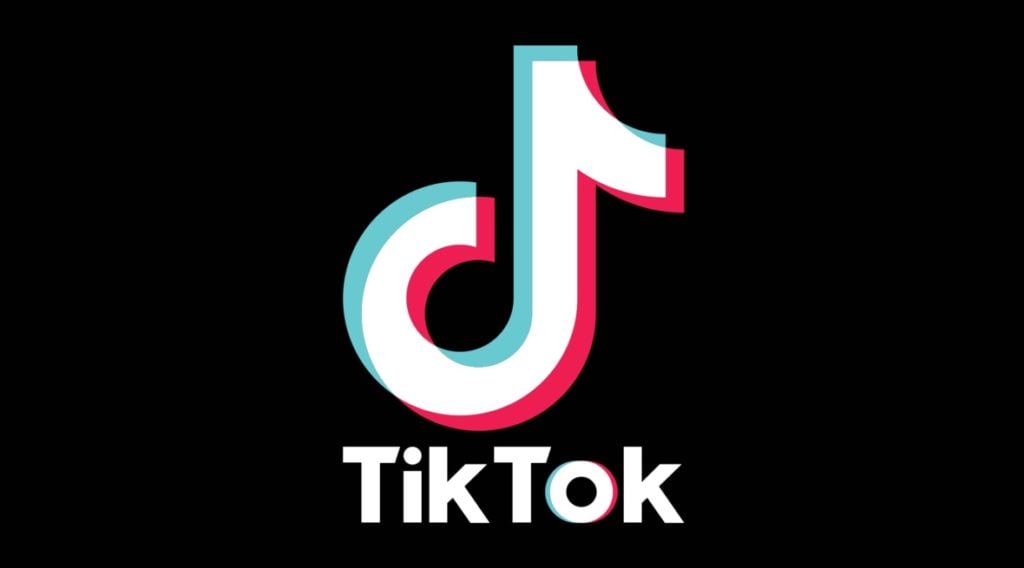
TikTok on Wednesday announced further actions to clamp down on hate speech and dangerous ideologies, including those hurtful to the LGBTQ community, such as the promotion of conversion therapy.
Writes the social video platform in a new blog post: “While our Trust & Safety teams already work to remove hate speech and hateful ideologies, such as neo-Nazism and white supremacy, we are strengthening our enforcement action to remove neighbouring ideologies, such as white nationalism, white genocide theory, as well as statements that have their origin in these ideologies, and movements such as Identitarianism and male supremacy.”
“As many monitoring organisations are reporting that antisemitic sentiment is increasing in the world, we're proud that we have already taken steps to keep our community safe, for example, by not permitting content that denies the Holocaust and other violent tragedies,” the platform adds. “We know there's always more we can do which is why we are taking further action to remove misinformation and hurtful stereotypes about Jewish, Muslim and other communities. This includes misinformation about notable Jewish individuals and families who are used as proxies to spread antisemitism. We're also removing content that is hurtful to the LGBTQ+ community by removing hateful ideas, including content that promotes conversion therapy and the idea that no one is born LGBTQ+.”
The platform says it is also training employees to be more sensitive about the context of cultural dialogue and slurs: “We're working to incorporate the evolution of expression into our policies and are training our enforcement teams to better understand more nuanced content like cultural appropriation and slurs. If a member of a disenfranchised group, such as the LGBTQ+, Black, Jewish, Roma and minority ethnic communities, uses a word as a term of empowerment, we want our enforcement teams to understand the context behind it and not mistakenly take the content down. On the other hand, if a slur is being used hatefully, it doesn't belong on TikTok. Educating our enforcement teams on these crucial distinctions is ongoing work, and we strive to get this right for our community.”
Read the full post here.



